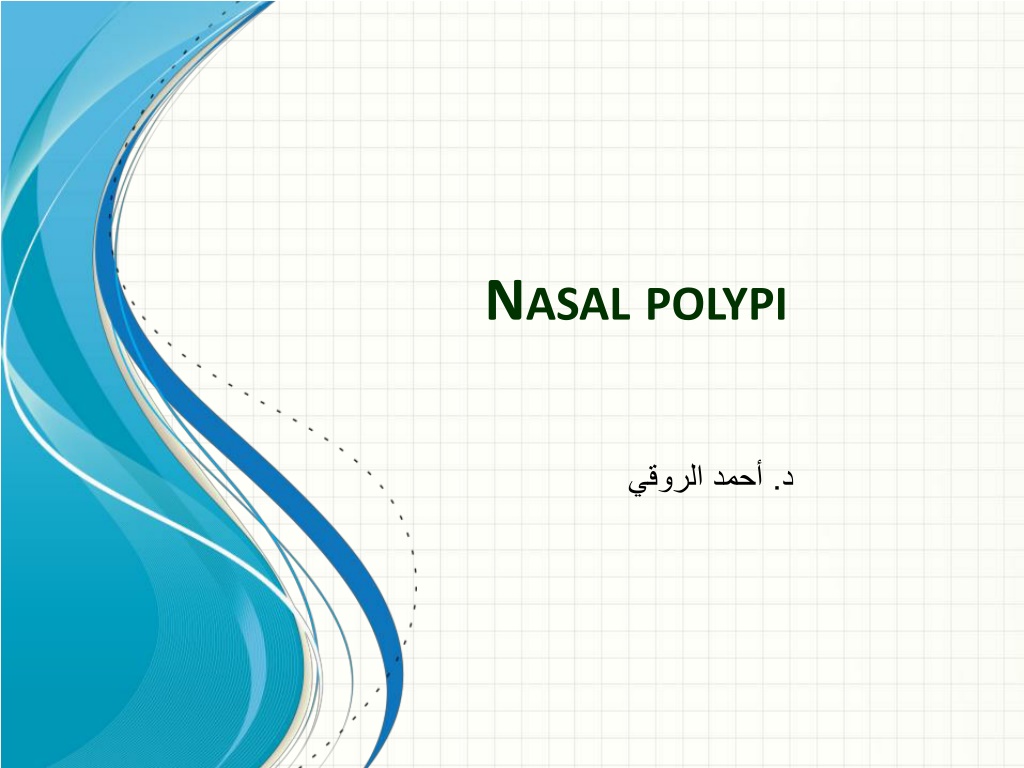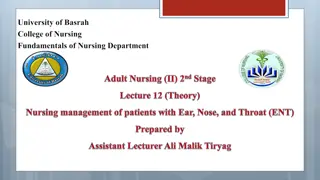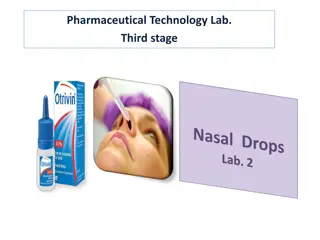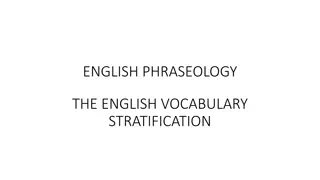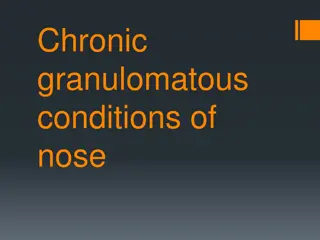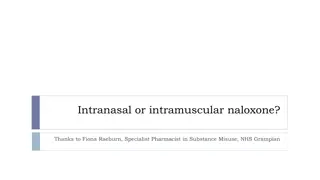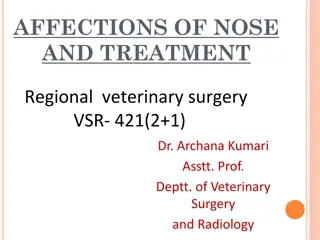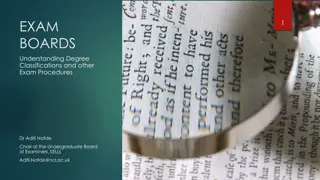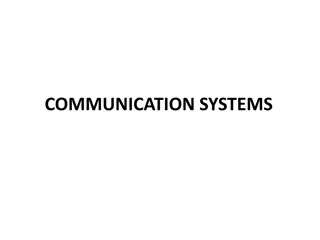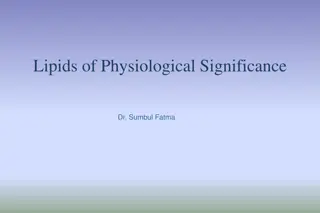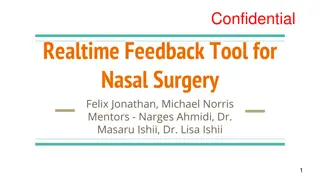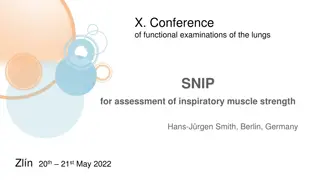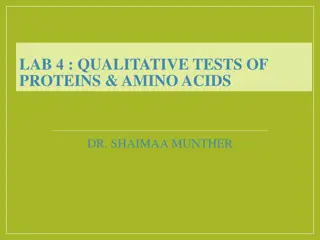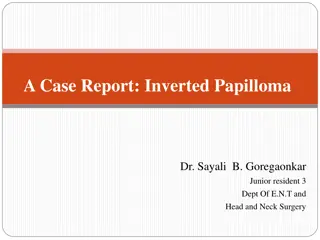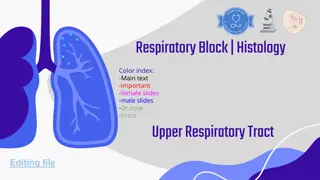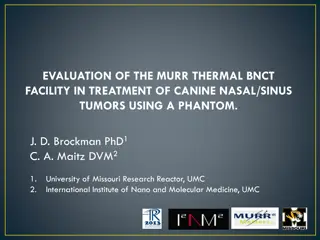Understanding Nasal Polypi and Their Classifications
Nasal polyps are simple oedematous growths in the nasal mucosa that can be unilateral or bilateral. They are classified into simple nasal polyps, fungal polyps, and malignant polyps. Simple nasal polypi, also known as inflammatory polyps, include ethmoidal polyps and antrochoanal polyps. Fungal polyps have different types such as acute fulminant, chronic invasive, granulomatous invasive, and fungal ball. Treatment options vary based on the type of polyp. Allergy and infection are common causes of nasal polypi, with different characteristics and presentations in adults and children/adults. Recurrence is common in some cases.
Download Presentation

Please find below an Image/Link to download the presentation.
The content on the website is provided AS IS for your information and personal use only. It may not be sold, licensed, or shared on other websites without obtaining consent from the author. Download presentation by click this link. If you encounter any issues during the download, it is possible that the publisher has removed the file from their server.
E N D
Presentation Transcript
Definition The term polyp derived from Latin word Polypous Many footed Defined as simple oedematous hypertrophic nasal mucosa Can be unilateral / bilateral drtbalu's otolaryngology online 2
Classification 1 Simple nasal polyp 2 Fungal polyp 3 Malignant polyp drtbalu's otolaryngology online 3
Simple nasal polypi Also known as inflammatory polyp Ethmoidal polyp Antrochoanal polyp drtbalu's otolaryngology online 4
AC polyp / Ethmoidal polypi Ethmoidal polypi Antrochoanal polyp Seen in adults Seen in children and adolescents Allergy is the common cause Infection is the common cause Multiple (bunch of grapes) Unilateral Arises from maxillary antrum Seen easily on anterior rhinoscopy Seen commonly in post nasal exam X ray PNS may show hazy ethmoids and normal maxillary sinuses X ray PNS shows hazy maxillary antrum Mostly bilateral Usually unilateral Recurrence is common Recurrence is uncommon Polypectomy Caldwel luc surgery in recurrent cases drtbalu's otolaryngology online 5
Fungal polyp 5 Different types Acute fulminant Chronic invasive Granulomatous invasive Fungal ball AFRS drtbalu's otolaryngology online 6
Fungal ball Features Immunocompetent Fungal ball is tightly packed hyphae of aspergillus (common) Antifungal trt is not necessary drtbalu's otolaryngology online 8
AFRS Bent s criteria Type I hypersensitivity (demonstrable) Nasal polyposis Heterodense mass lesion seen in CT scans Presence of eosinophilic mucin mixed with non invasive fungus + Fungal stain / culture drtbalu's otolaryngology online 9
Clinical Features drtbalu's otolaryngology online 10
Clinical features Nasal obstruction Unilateral / bilateral Anosmia Loss of taste Rhinorrhoea watery / mucoid / mucopurulent Head ache Broadening of nose (Frog face) drtbalu's otolaryngology online 11
Examination Smooth glossy multiple mass seen in anterior rhinoscopy Insensitive on probing. Probe can be passed around the polyp Soft and mobile drtbalu's otolaryngology online 12
Posterior rhinoscopy Polyp can be seen at the level of choana Antrochoanal polyp can be seen exiting out of accessory ostium drtbalu's otolaryngology online 13
Differential diagnosis Meningocele Angiofibroma Sq cell carcinoma Enlarged turbinates Inverted papilloma drtbalu's otolaryngology online 14
Radiology drtbalu's otolaryngology online 15
Medical Management Antihistamines ? Nasal decongestant Steroids Antibiotics ? drtbalu's otolaryngology online 16
Surgery FESS Endoscopic polypectomy Caldwel Luc procedure drtbalu's otolaryngology online 17
Thank you drtbalu's otolaryngology online 18
